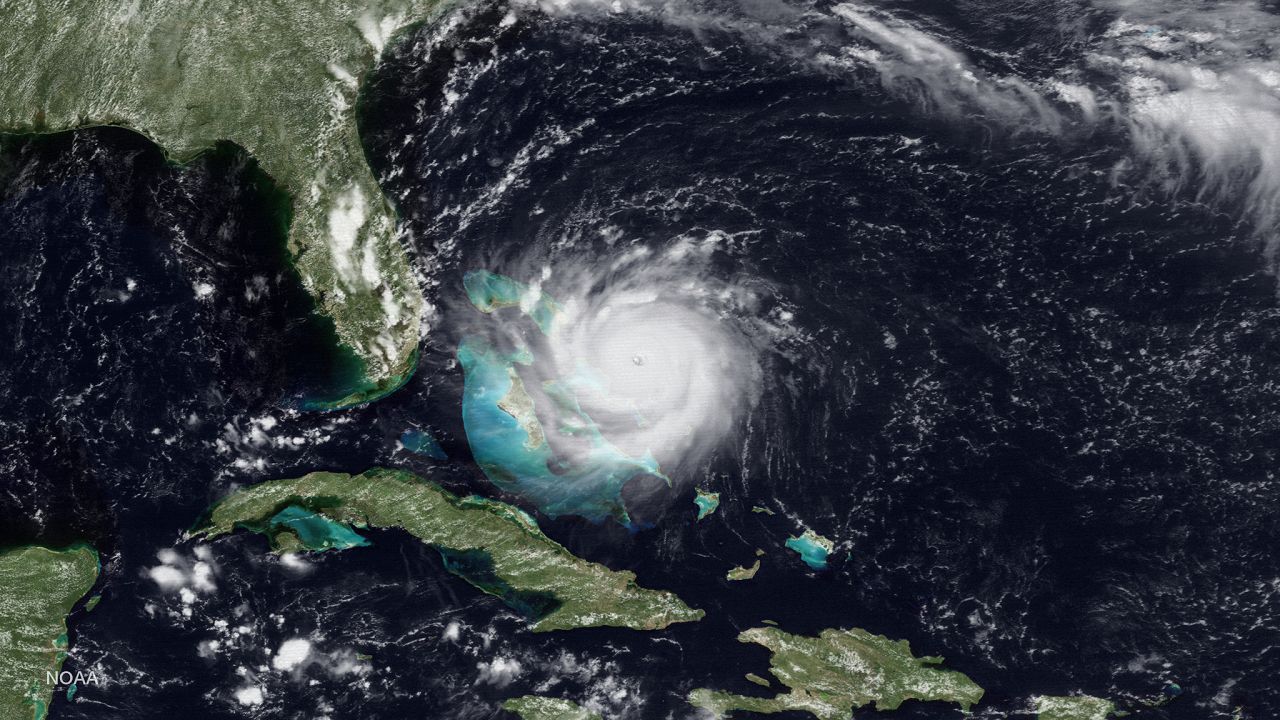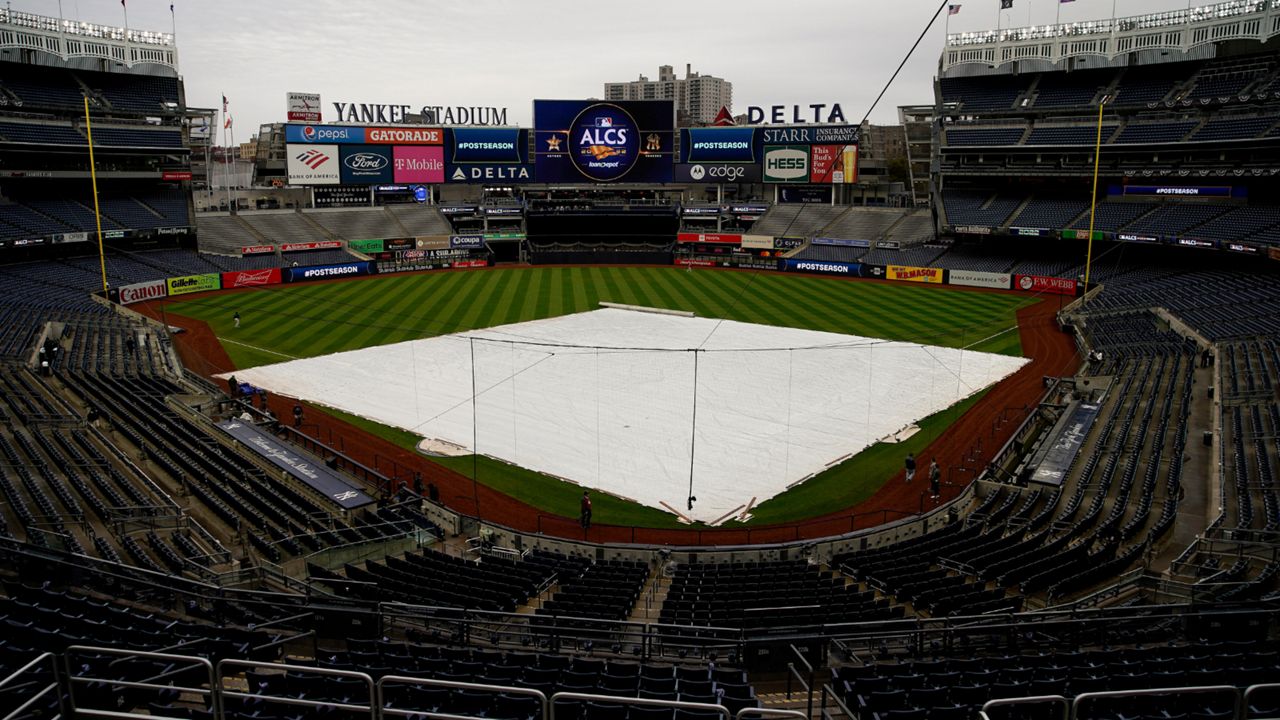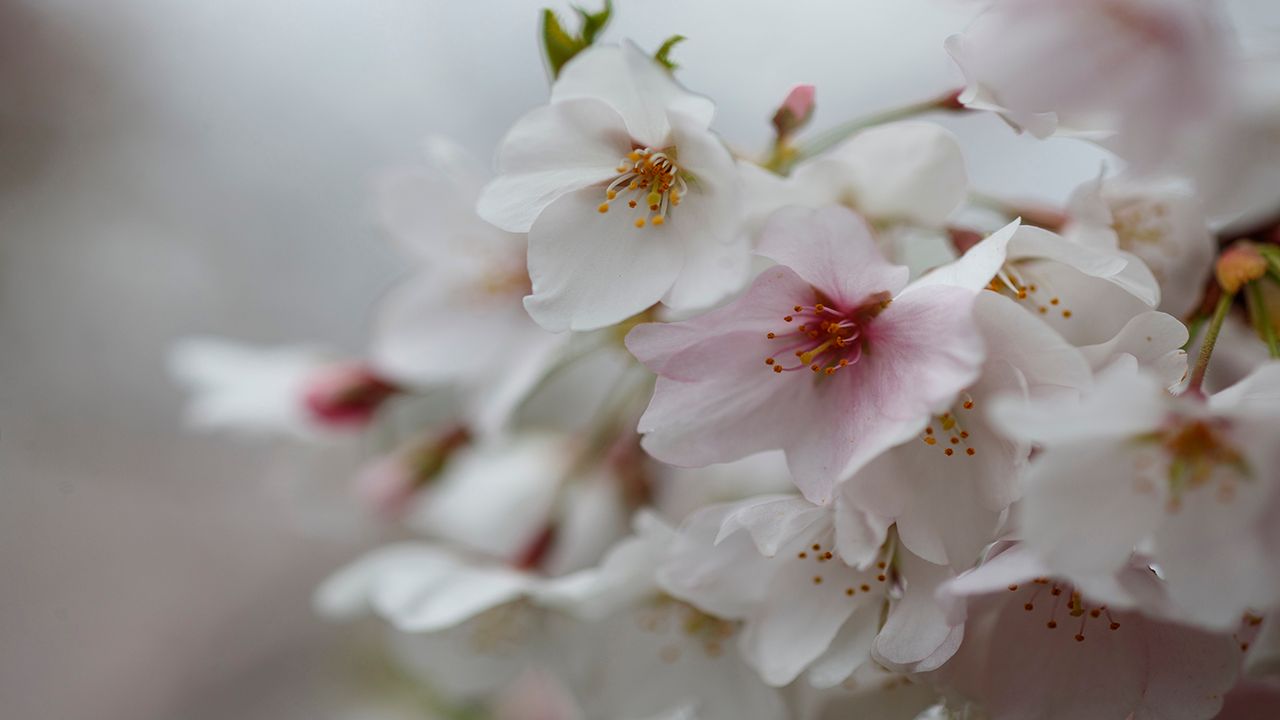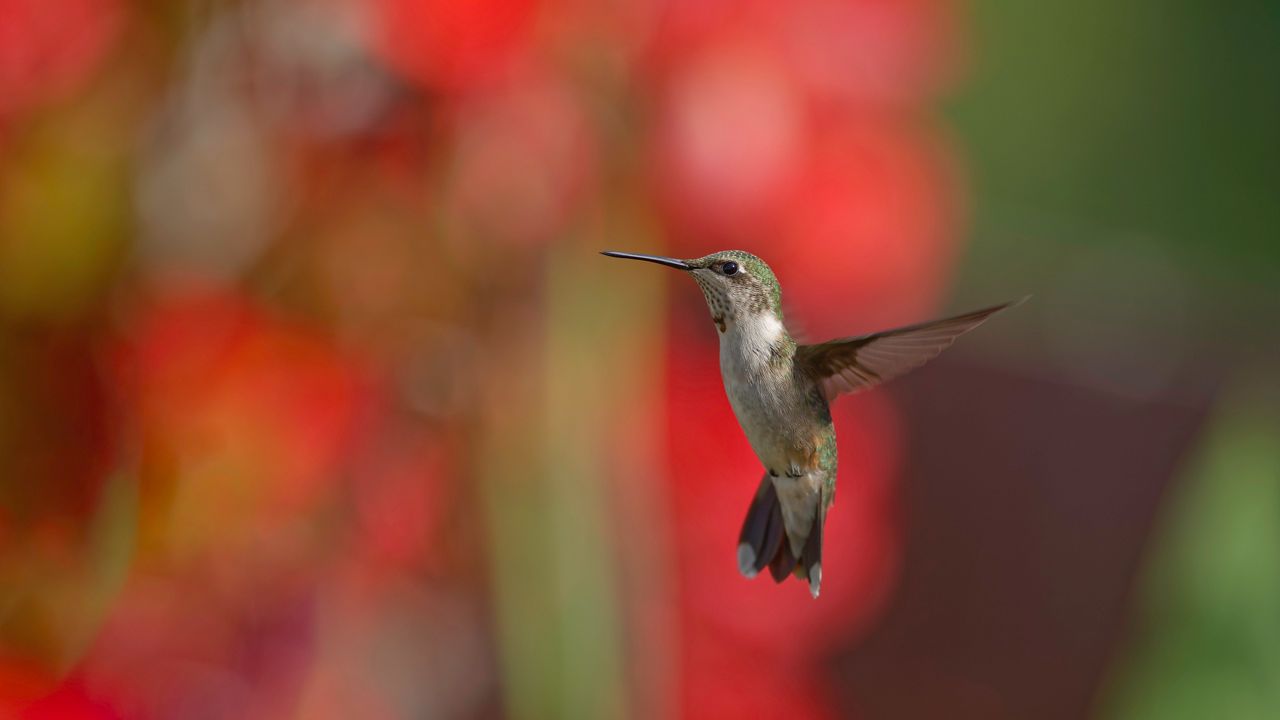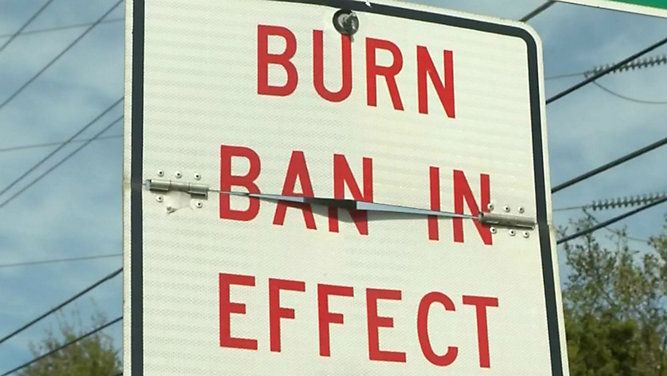Forecasters at NOAA joined many others this week in predicting that 2020 will be an active year for storms in the Atlantic basin.
The forecast for the 2020 Atlantic hurricane season is out from @NOAA. They join others in forecasting an active year for storms in the Atlantic basin. We've already checked one off the list with Arthur. #ncwx #WeatherOnThe1s @SpecNewsRDU pic.twitter.com/j9kvPEvCwq
— Lee Ringer (@LeeRingerWx) May 21, 2020
Other forecast groups like those at North Carolina State and Colorado State Universities have made similar predictions over the last several weeks.
What You Need To Know
- Seasonal forecasts should not matter when it comes to how we prepare for hurricane season.
- In 1992, only six named storms formed, but one of them was category 5 Hurricane Andrew that devastated south Florida.
- We should always be prepared for hurricane season no matter if it's forecast to be an active or below average year.
A lot of research into global weather patterns and sea surface temperatures are used to make these seasonal forecasts. They are interesting to discuss each year and can be helpful in knowing what to expect.
However, seasonal forecasts should not matter when it comes to how we prepare for hurricane season.
Just look at 1992, which was a below average season for the number of storms that formed. Only six named storms developed that year.
Don't tell anyone that lived in south Florida that 1992 was not an active year for hurricanes though. The first named storm in 1992 was Hurricane Andrew. It slammed into south Florida as a category 5 with 165mph winds.
Over 117,000 homes in Miami-Dade County were damaged or destroyed by Andrew in what was overall a below average year for hurricanes.
Remember, it only takes one landfalling hurricane to make it a bad year for storms. No matter if the seasonal forecasts call for an active year or a below average seasons, we should prepare the flooding rains, catastrophic winds, and deadly storm surge that hurricanes can bring.
The 2020 hurricane season is already off to an early start with Tropical Storm Arthur that formed in May. The season runs through the end of November. September is typically the most active month.
For the latest on the tropics through the season, tune in for tropical updates at :21 after each hour on Spectrum News.
Follow Meteorologist Lee Ringer on Facebook, Twitter, and Instagram.





